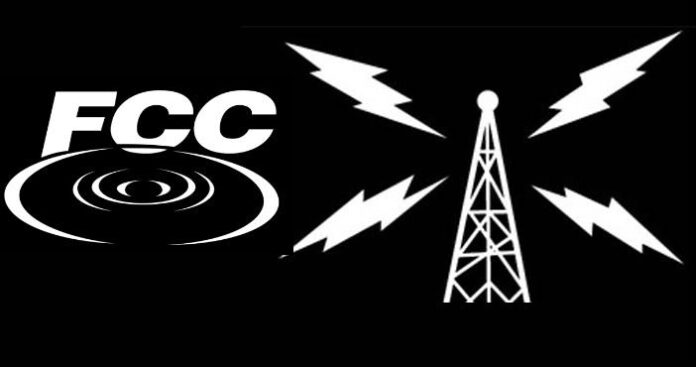FCC ups minimum speeds required for broadband standard
The Federal Communications Commission redefined broadband speeds in a statement that also detailed the failure of broadband development in rural America to keep pace with the rest of the country.
A report that studies whether “broadband is being deployed to all Americans in a timely and efficient way” is required annually under section 706 of the 1996 Telecommunications Act. This comes at the conclusion of the FCC 2015 Broadband progress report, which takes into account the changes in technology.
Based on standards set in 2010, the FCC defined adequate broadband as 4 megabits per-second download speeds and 1 Mbps upload speeds. The FCC stated that such speeds are now considered subpar, with new standard set at 25 Mbps for downloads and 3 Mbps for uploads.
The FCC report noted a “digital divide” between urban and rural Americans.
According to the research, 17% of Americans, roughly 55 million people, lack access to 25 Mbps broadband service. Of those, 53% live in rural areas. Conditions are far worse on tribal land, where 63% of residents are without access. On rural tribal land, the number increases to 85%. Additionally, 35% of schools nationwide still lack fiber-optic cable hookup, which is deemed necessary to support current digital learning tools.
In contrast, only 8% of urban Americans lack access broadband services providing 25 Mbps download speeds.
The FCC noted that while significant strides have been made to support the development of broadband under the Universal Services program, advances are still to focused in high population density areas. The report concluded that more work must be done by the private and public sector to expand robust Internet access to all Americans in a timely and efficient manner.
The FCC issued a Notice of Inquiry in conjunction with the report seeking comment on what else the FCC could do to accelerate the pace of Internet deployment.

